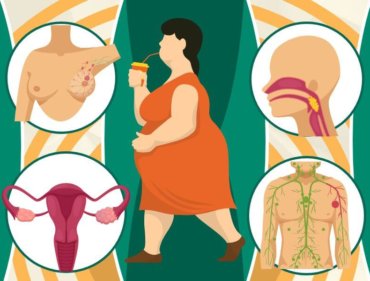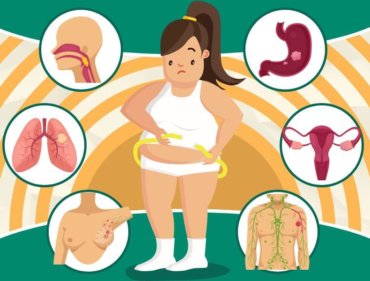A mental disorder. can affect people of every sex, age, gender, ethnicity, or socioeconomic group. Disorders can range from mild to severe. It can impact a person’s thoughts, behaviors, feelings, and perceptions. Like any medical condition, many factors can trigger illness. Those with mental disorders struggle to cope with everyday life because of their altered thinking and mood. Mental illness can affect working and personal relationships.
What Causes Mental Disorders?

Certain factors may increase your risk of developing a mental illness, it includes:
- A family history of mental illness
- Stressful life situations
- Financial and emotional problems
- Ongoing medical conditions including diabetes
- Childhood abuse, trauma, or neglect.
- Social isolation or loneliness.
- Experiencing discrimination and stigma.
- Social disadvantage and long-term physical condition
Dealing with stressful life situations and other problems may cause a person to seek comfort in eating. It leads to eating disorders and obesity.
Top 10 Common Mental Disorders
- Autism spectrum disorder. General disorders on autism include autistic disorder, Asperger’s syndrome, and atypical autism. It is a developmental disorder that affects communication and behavior.
- Schizophrenia. It is a serious mental illness that can cause people to have delusions, hallucinations, or showing no emotions at all.
- Bipolar disorder. It is several mood disorders that leave a person with emotions swinging from very high to hazardously low. It results in poor academic and productivity.
- Obsessive-compulsive disorder. It is repetitive, unwanted, obsessions and irrational, excessive urges of certain actions. The symptoms of OCD often onsets childhood, adolescence, or young adulthood.
- Anxiety disorders. Anxiety disorders are the most common mental health condition in the US. Everyone may have anxiety at some point in their lives, but when feelings of intense fear and distress limit daily functioning, an anxiety disorder may be present.
- Phobias. Social phobia can lead to agoraphobia, sometimes causing the sufferers to become so overwhelmed with fear and causing a person to isolate them.
- Substance use disorder. It can cause mental health issues, such as anxiety, depression, schizophrenia, and personality disorders.
- Eating disorders. It is an extreme behavior that roots from complex biological and psychological causes, including depression and anxiety.
- Personality disorders. It includes antisocial personality disorder, avoidant personality disorder, and borderline personality disorder.
- Mood Disorders. It includes major depressive disorder and dysthymic disorder. Major depression is a debilitating illness that usually reoccurs throughout a person’s lifetime.
Lowering your risk of mental disorders includes stress management and a healthy lifestyle. Ensure to have complete sleep to avoid eating disorders and chronic insomnia and stress. If you are dealing with obesity, you can try the HCG diet.
How Does Weight Loss through the HCG Diet Helps Mental Health?
Obesity promotes self-isolation and low self-esteem. It can also affect your sleep, mental, emotional, and overall health. Weight loss through the HCG diet helps renews hormones and promotes a healthy lifestyle. Rapid weight loss through the HCG diet elevates mood.
Aside from weight loss, the HCG can also renew your hormones. Your weight loss struggles somehow links to your hormones. Hormonal imbalance can throw off your whole system. Taking the HCG injections will get your hormone levels back on track.






















